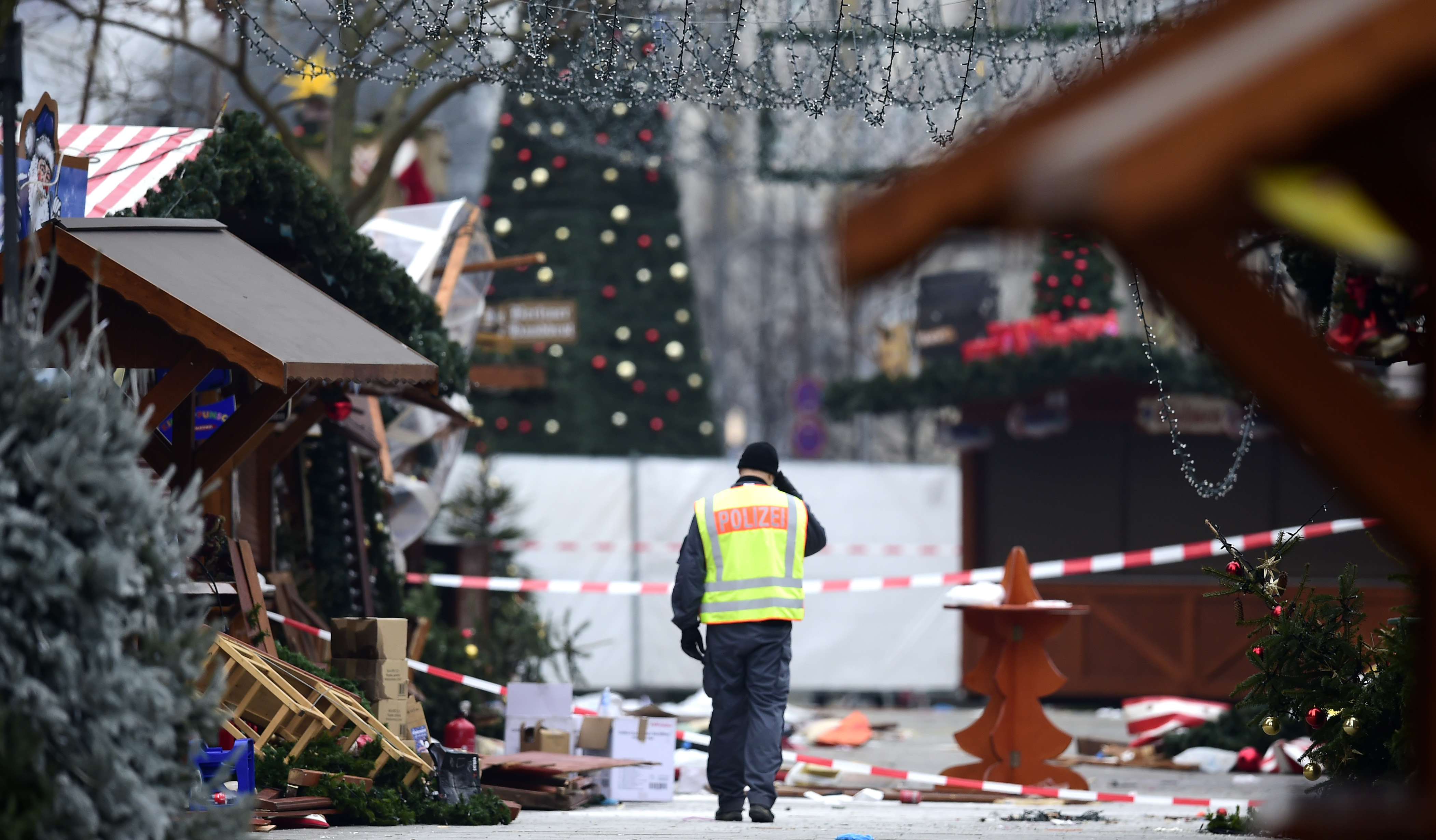The terror attack and internal repercussions
The climate of terror and fear caused by the terror attack on the heart of the capital prompted the reflection of Catholic Italian Missions in Germany: “Germany, and Europe as a whole, will be saved by adhering to their founding values. Too many tend to forget it in these times of emergency. They plan new walls instead of focusing on wise administration, which does not exclude realism, solidarity, and peaceful coexistence.”

Sadly, the long-circulating fears of a terror attack on Christmas markets, held traditionally during Advent across German cities, became reality on the evening of Monday December 19, near one of the most visited symbolical sites of Berlin, the Gedächtniskirche, the Church of Remembrance. A stolen truck with Polish license plates arriving from Italy, carrying the dead body of the original driver, ploughed against the crowd killing 12 people (Italian citizen Fabrizia Di Lorenzo is feared to be among the victims), injuring 50. Italian citizens – the La Grassa married couple from Palermo – were among the victims. The attack is a sinister reminder of the Nice massacre of past July 14th.
Germany, overcome by shock, suddenly plunged back into fear
and it will take some time to recover, although security measures have already been taken to guarantee the security of these markets and of the various events held during Christmas period and ahead of the New Year. The 93 Italian-speaking parishes (known as Missions) and Italian expats in Germany – more than 700thousand – are in shock, striving to understand how terror could brainwash a person to the extent of instilling so much hatred into his heart as to transform that person into a deadly threat to everyone’s life. They express their solidarity paying homage to the victims: bringing flowers to the site of the attack along with their closeness and their prayers – due to characterize the forthcoming Christmas liturgies.
The shock is slowly being replaced by anger, deep anger, because Germany is a welcoming Country, generous with asylum-seekers.
And Chancellor Merkel is determined to follow this line, in keeping with the tenets of the Constitution, challenging the growing opposition of the xenophobic Alternative für Deutschland (AfD): the right-wing movement that risks disrupting Germany’s politics at the 2017 Federal election. In 2015 there were as many as 2.14 million new arrivals in Germany – a 46% increase compared to the previous year, already marked by high inflows of migrants. Considering that approximately one million have left, 1.14 new immigrants (550 thousand in 2014) presently live in the Country; 45% are EU citizens, Italians ranking in the top five, (more than 18 thousand last year); while 327 thousand asylum-seekers have arrived from Syria.
Who pays the dues of these emergencies?
The historical immigrated Muslim community is viewed with increasing mistrust. Asylum-seekers: expulsion procedures were made easier and new restrictions are being planned. All EU citizens in the Country will have access to social services only after 5 years – and no longer after a few months – while a new proposal stipulates that family benefits to non-resident children will be based not on local parameters – as was the case in the past – but on those of their Countries of origin, which are much lower. The German Church has always been close to migrants, today to the refugees in particular. The German Church helps them and supports them in many different ways. But not all Catholics agree. Some decide to stop paying worship taxes as a sign of dissent. Moreover, a few Euros less are preferable to a loss in solidarity towards the needy. Like Europe, Germany will be saved by adherence to its founding values. Too many tend to forget it in these times of emergency. They plan new walls instead of focusing on wise administration, which doesn’t exclude realism, solidarity and peaceful coexistence.
(*) Catholic Italian Missions in Germany